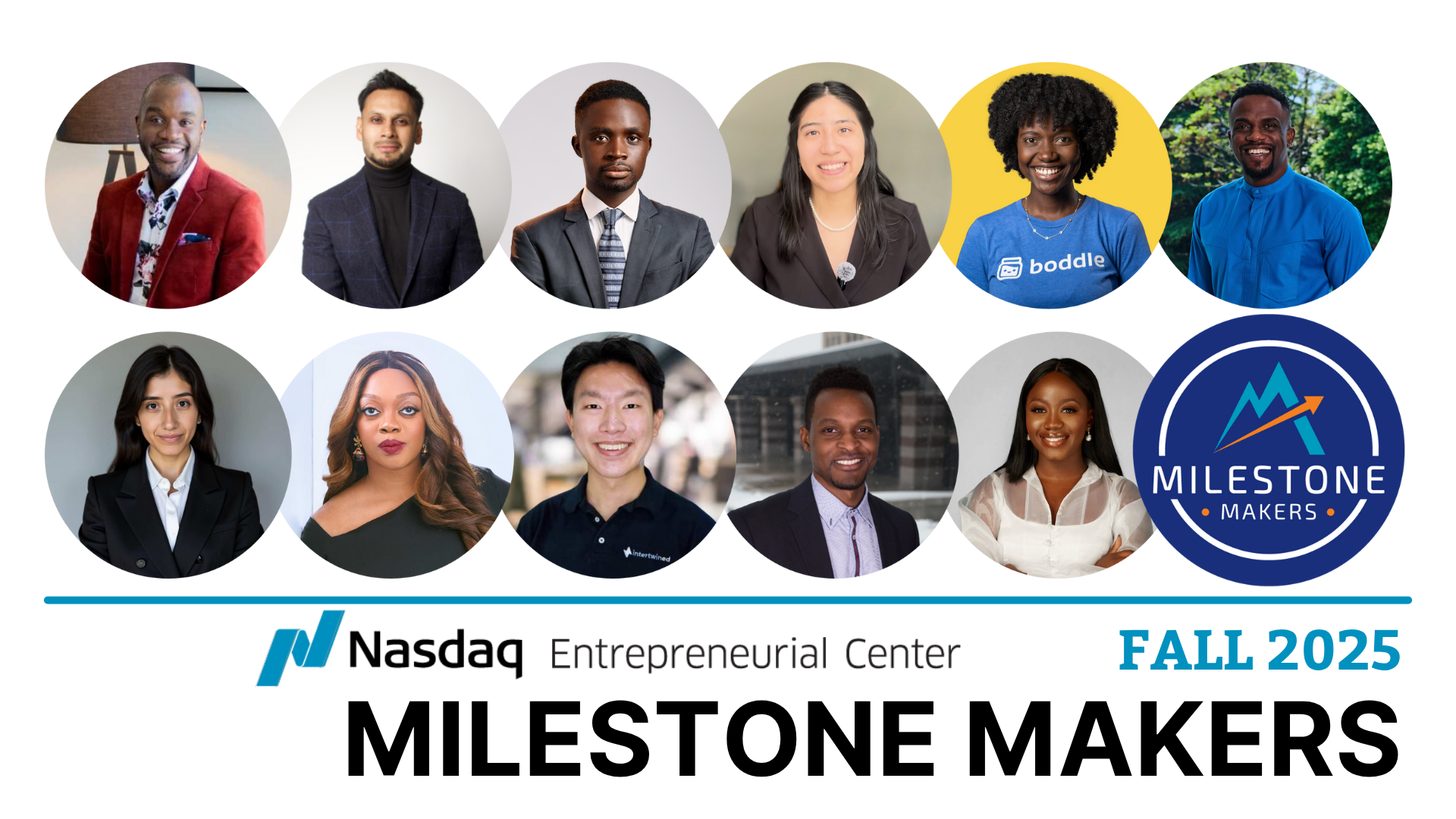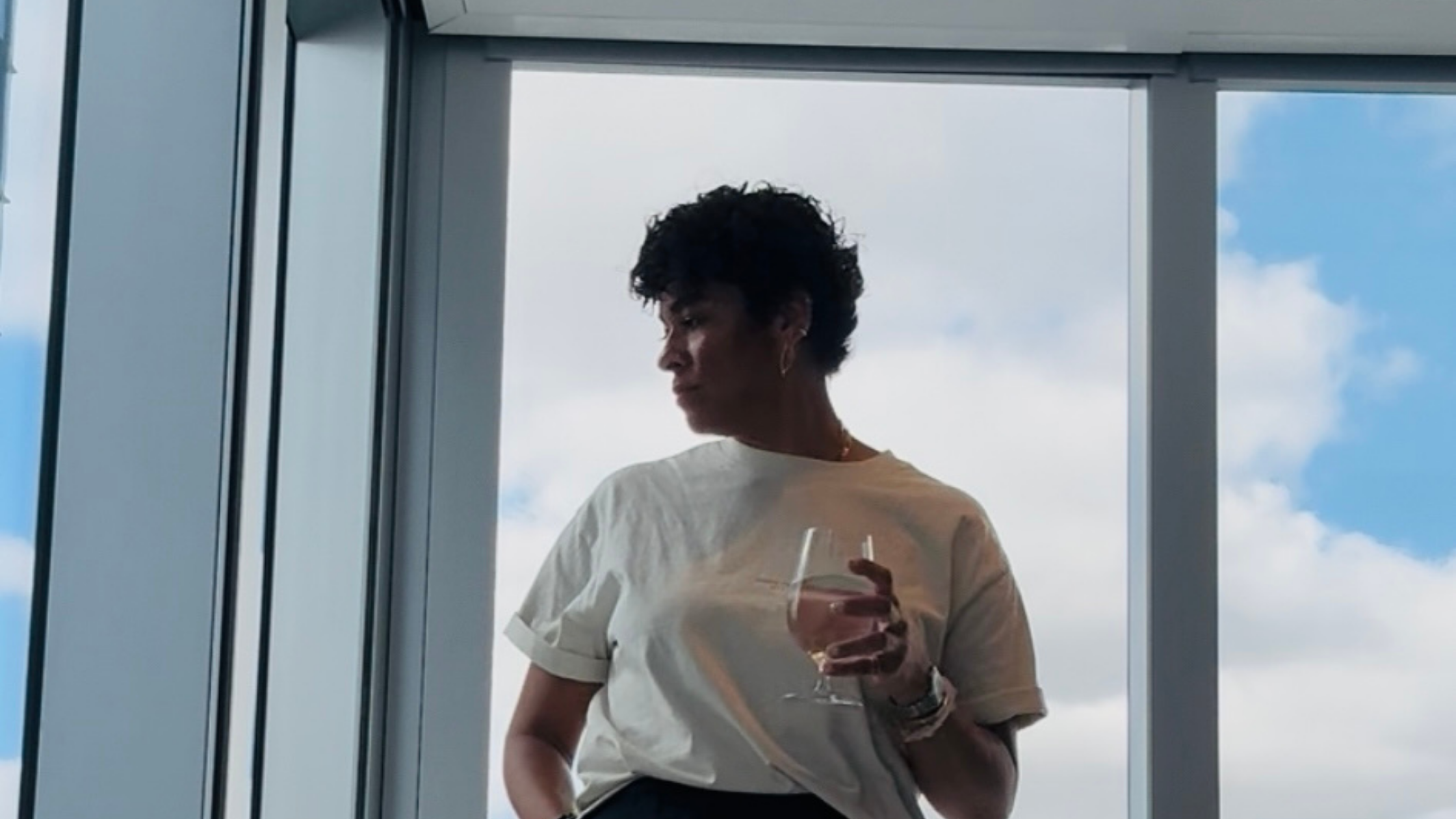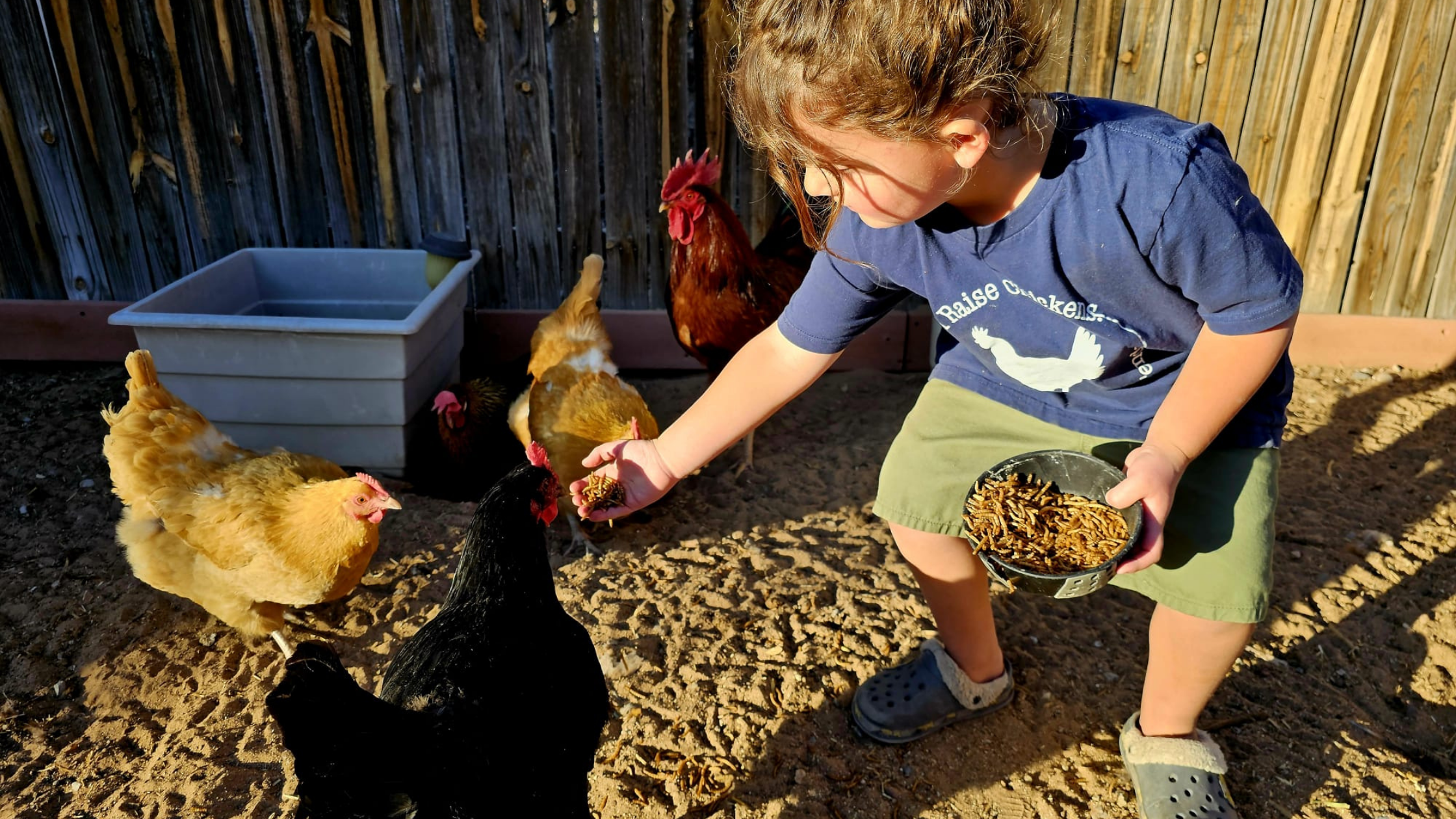Talia Goldstein is the CEO and Founder of Three Day Rule— a company that has successfully scaled a unique human-touch approach to the evergreen pain-point of dating and matchmaking. Goldstein had worked as a television producer when she quickly realized she had become the office dating expert — setting up co-workers with matches and handing out dating insights from her cubicle. Recognizing her hidden talent, Talia quit her full-time job and began scaling it — first by hosting events and then offering personalized matchmaking services. In an age where online dating is the norm, her company offers a refreshingly analog human touch — requiring candidates to meet members of her team in person before anything. After receiving an investment from Match/IAC in 2014, Goldstein has secured partnerships with Match, OkCupid, JDate, Christian Mingle and The League. We took a moment to catch up with her on her journey as an entrepreneur thus far.
What does “entrepreneurship” mean to you?
To me, it means having a mission that you believe in so strongly that you’re willing to do whatever it takes to share it with the world. It means true passion. It means not taking the path of least resistance, and being incredibly thick-skinned, relentless and gritty. Entrepreneurship is a lifestyle, but I’d rather work 100 hours a week for myself doing what I’m passionate about than 40 hours a week at a desk job that lacks passion. As an entrepreneur, you’re only as good as the people you hire and collaborative leadership is everything. I’ve been fortunate enough to find others who care deeply about the mission too.
Can you describe how Three Day Rule came to be?
I became an entrepreneur by accident after discovering my knack for connecting people as the office dating expert and matchmaker while working as a producer at E! Entertainment. I made it my mission to match the grumpiest guy in the office and was successful. When I saw how happy he was, I knew this was something I needed to pursue. It was clear that I was spending a lot more time matchmaking from my cubicle, and it was time to make a change. I wanted to make my days in the office count.
I began hosting parties that grew from small gatherings of 20 to 30 people to 600 people who paid to attend. At one event, I stood in a room filled with hundreds of successful, attractive, dynamic singles who were struggling with dating, and I realized there was something missing in the market. It was a leap of faith to quit my job in TV and become an entrepreneur, but I’ve never looked back and couldn’t imagine this crazy, fast-paced, roller-coaster of a ride any other way.
What is the biggest experience or lesson gained on your journey so far?
The first time that I had to fundraise, I ended up hiding my pregnancy from potential investors because I was afraid of the stigma associated with being a pregnant CEO. I was unsettled by that experience so when I found myself pregnant again during my next round of funding, I decided to take a different approach and share my story publicly. I wrote an op-ed in Fortune that recounted my experiences fundraising while pregnant and received an outpouring of emails from other women who went through a similar struggle. For the second raise, I proudly showed my baby bump during funding meetings and found that investors were interested, but wanted to wait until “after I had my baby.” I ultimately raised my round after giving birth to my daughter.
I think we have a long way to go to get rid of the unconscious bias against female founders, and I am making it my mission to support and empower other female entrepreneurs because a woman should never have to decide between starting a family or becoming an entrepreneur. I hope that by sharing my story, other women will feel comfortable doing what I did. We can absolutely do both.
How is your company changing the landscape?
Matchmaking is more than just setting people up on dates. We are working to change not only who singles date, but how they date. Our mission is to help people learn enough about themselves to be better equipped to find someone — whether that person comes through a matchmaker or not. To us,success isn’t just marriages and babies (although sure, we have lots of those). Success is watching a client have that a-ha moment when they open their mind to a type of match they never thought would work for them. So many of our success stories come from two people who admittedly would have swiped right past each other on an app. Oftentimes this means we’re responsible for giving our clients the tough love they need to be the most intentional, accountable, self-aware version of themselves.
What do you wish you knew when you started?
Lots of people told me to get out of the dating space. They said it was too saturated and that we wouldn’t succeed. Because these people were successful investors, accomplished business people, and trusted advisors, I thought they were the experts. So, despite my gut feeling that something was missing in the market, I listened to them. For a short period of time, I actually shut down my dating company and started another company which was more “on trend” at the time. Six months in and my life savings later, I recognized that I wasn’t passionate about the new company and decided to close doors even though it was doing well. Instead, I re-launched Three Day Rule and went full steam ahead, only to prove everyone wrong. The lesson – opinions are data points. Listen to them but trust your gut.
What advice/credo do you live by as you grow the business?
It’s only worth it if you’re having fun. Words to live by. It’s why I left my job at E! Entertainment all those years ago, and it’s why I wake up every morning and get back on this crazy roller-coaster of a ride (and I wouldn’t have it any other way!). I never lose sight of how grateful I am to do what I love and enable a ton of other bright women and men to do what they love, too.
What advice do you have for fellow entrepreneurs about building and leading teams?
I’ve built a company that at its core is collaborative, so I’m rarely working alone and I’m grateful to have a team of incredibly creative, passionate people that I get to both lead and learn from.
When building a team, find the types of people that challenge and inspire you and who truly believe in the mission you’ve set out to achieve. Keep those people happy, growing, and challenged – they are your lifeline and are incredibly valuable to your success and happiness.
Once you have your team, never stop celebrating the small wins. It’s really easy to get caught up in the big picture. You want to close funding, you want to get acquired, you want to be profitable, you want 1 million members. It’s so important to acknowledge and celebrate the little victories along the way and make every member of the team feel valued and appreciated.
Where do you find inspiration when faced with challenges?
As a mom of two young children, I’m around kids a lot. I look at them and want to help create a better world for them. They give me some much needed perspective and remind me that everyone is looking to
feel good about themselves and fall in love. It’s inspiring to think that in our own little corner of the world we really are helping people be kinder and happier.
Many entrepreneurs continue to perfect their daily routines to support their work and greater vision; would you mind sharing your morning routine or a regular ritual that grounds your work each day?
It’s not easy to find balance as an entrepreneur. Mornings are sacred in striking that balance before the craziness of the work day even begins. Thus, I’m up and out of bed by 6 am. My husband and kids get up at 6:30, so I take those 30 minutes in-between to ground myself and collect my thoughts. Once they’re up, I shift my focus from me to them and really aim to be present in mom-mode. The nanny arrives around 8 and I make a bee-line to a boxing class or my Peloton for a quick workout. It doesn’t happen every day, but I’ve found that exercise really does keep me sane even on the craziest days — it gets out all of my frustration and anxiety and totally pumps me up. Of course as an entrepreneur I don’t work a typical 9-5, so I’ve found some sense of routine is really important for me to be effective in the office.
Has being a female entrepreneur helped or discouraged you in your context? What do you think would help women entrepreneurs and leaders the most?
In most ways, I think it’s helped given the industry I work in. I believe women are, by nature, intuitive, and being a female has helped me relate to our clients (male or female!) and grow our book of business.
Most likely it hurt with fundraising given I had to fundraise pregnant twice, but I believe I’m better and tougher for it.
As a female founder, I understand how important it is for women to be both supportive of and real with each other. I’m so proud of the work Three Day Rule has done, and I’m grateful to be a mentor to not only my team but to any aspiring entrepreneur who is curious about what it takes to succeed in this world. I’m always happy to meet with anyone who asks and firmly believe in paying it forward.
What does “success” look like for you? What do you think will help you achieve it?
Success is bigger than me, and it’s bigger than Three Day Rule. It’s leaving the world a better and kinder place. It’s allowing these amazing, dynamic, unique people we work with believe that they are all of those things and more, and help them realize their value and potential. What I love about matchmaking and entrepreneurship blending together is all of these little micro-successes translate to a much larger macro success — change one life, change many, change the world. We have to believe we’re making a real difference for a difference to actually be made.
What is your proudest and darkest moment so far?
Key high: We recently reached 50 employees — a huge milestone. Every year we do a company-wide team retreat and fly out all of our employees to the West Coast to bond and do professional development. This year, we went to Palm Springs. As my team sat poolside doing icebreakers, I remember taking a step back and feeling exceptionally proud. I built this.
Key Low: Feeling ashamed for being pregnant and hiding my pregnancy to raise round 1. I’m not proud of that but I’m humbled by the lesson it taught me. As women, we can really do it all.
What lesson did 2017 have for you? What do you look forward to in 2018?
In 2017, we expanded from seven cities to nine and launched a new LGBTQ+ division, all while doubling our revenue. Last year was about growing in and perfecting our existing markets. We learned that scaling doesn’t need to mean losing our family-like culture, and we have worked hard to keep the team feeling connected even as we grow.
In 2018, we started the year with an innovative Amazon Alexa Skill introducing TDR to singles everywhere and launched our tenth market in Seattle with plans to launch more cities this year.




